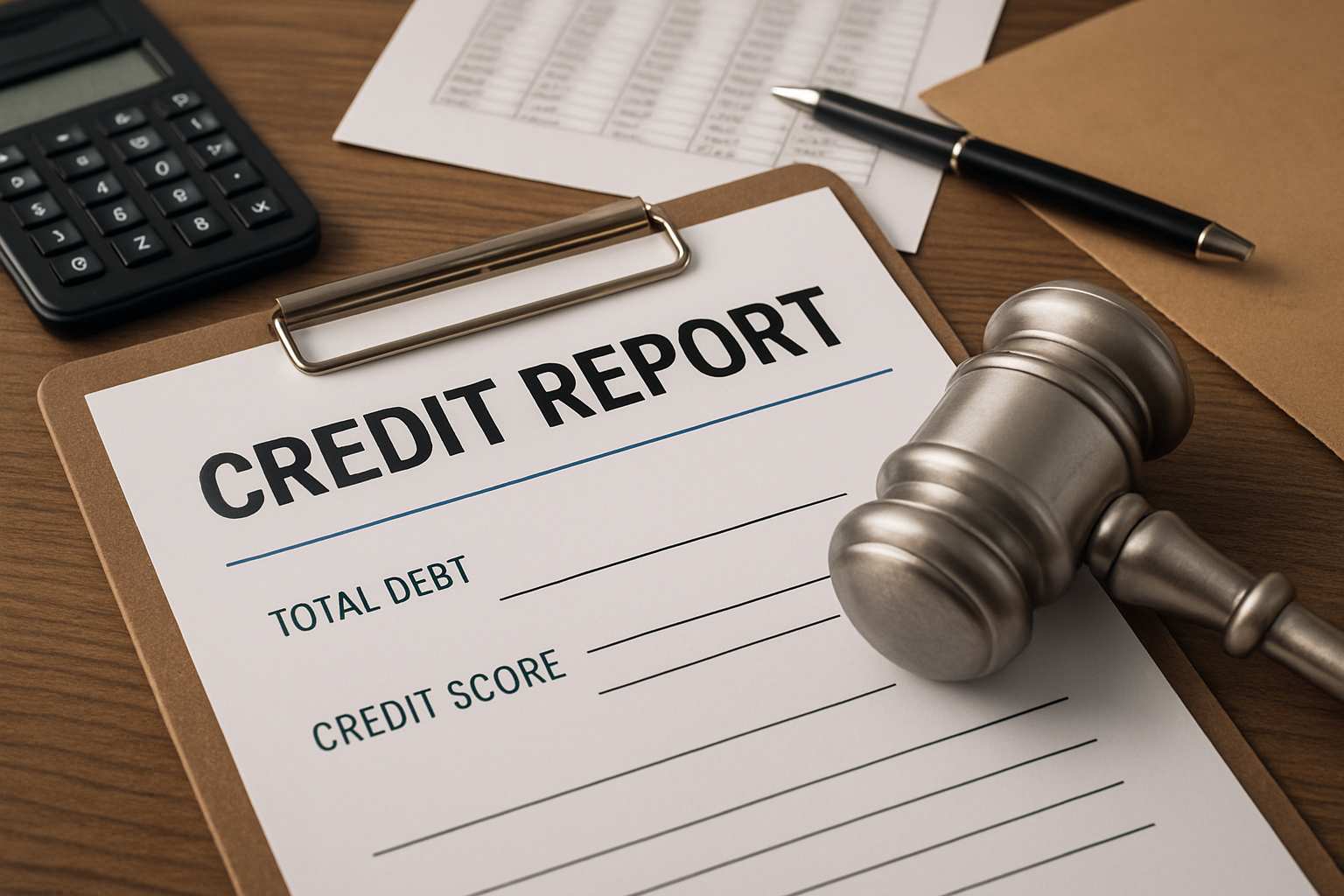Mistakes on a credit report can feel like more than just an inconvenience. For many people, inaccurate information means higher interest rates, difficulty getting approved for housing, or even losing out on a job opportunity. Because of this, you may wonder if you have legal options when a credit bureau refuses to correct errors. The answer depends on your situation, but in many cases, you do have options. Continue reading and reach out to a seasoned consumer lawyer from Cook Law to learn more about when you can sue a credit bureau for not fixing mistakes. Here are some of the questions you may have:
What rights do consumers have under the law?
The Fair Credit Reporting Act (FCRA) is the federal law designed to protect consumers from unfair practices involving credit reports. Under the FCRA, you have the right to request that inaccurate or incomplete information be investigated by the credit reporting agency. Once you file a dispute, the bureau is legally required to contact the creditor or lender that provided the data and confirm whether the information is correct. If it is wrong, the bureau must remove or correct it.
This process is not always smooth, and in many cases, credit bureaus fail to follow the law. Sometimes they do not conduct a meaningful investigation. Other times, they simply repeat the same incorrect information after a creditor insists it is valid. When that happens, consumers are left frustrated, dealing with errors that seem impossible to resolve on their own.
When can you sue a credit bureau?
You may have the right to sue if the bureau does not fulfill its legal obligations under the FCRA. For example, if a bureau ignores your dispute, fails to investigate properly, or continues to report false information, you could file a lawsuit. The law allows consumers to seek damages for actual harm caused by the bureau’s negligence. This harm could include financial losses, such as being denied a loan, or even emotional distress if the errors cause significant stress or embarrassment.
In addition, the FCRA provides for statutory damages if the bureau’s conduct is willful. That means if the agency knowingly or recklessly disregards your rights, you could be entitled to compensation even if you cannot prove specific monetary harm. Consumers may also recover attorney’s fees, which makes pursuing a claim more realistic for individuals who do not want to shoulder the financial burden of litigation.
What should you do before considering a lawsuit?
Before filing a lawsuit, it is critical to build a paper trail. Always start by formally disputing the inaccurate information with the credit bureau in writing, and keep copies of everything you send. Supporting documents, such as payment receipts, letters from creditors, or court orders, can help strengthen your case. If the bureau fails to make corrections after a reasonable amount of time, usually thirty days, you may then want to consult an attorney who handles FCRA cases.
Speaking with an experienced lawyer is the best way to understand your options. If you believe you have a valid claim against a credit bureau, please don’t hesitate to contact Cook Law for a free case evaluation today.



